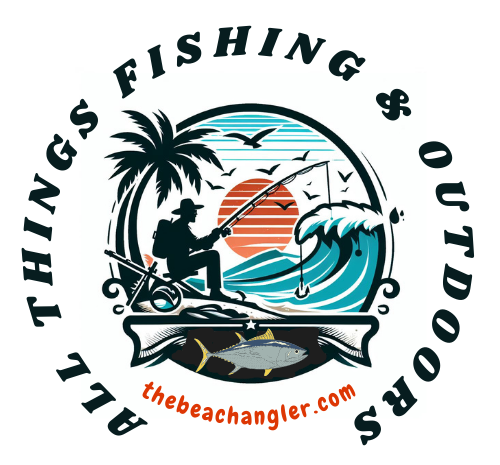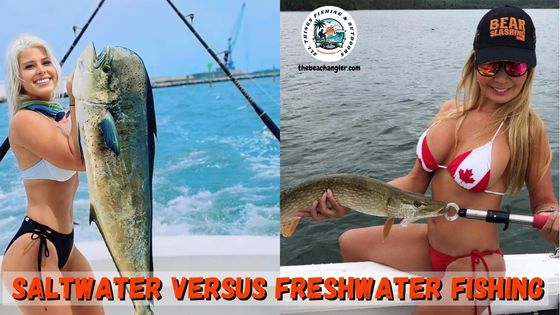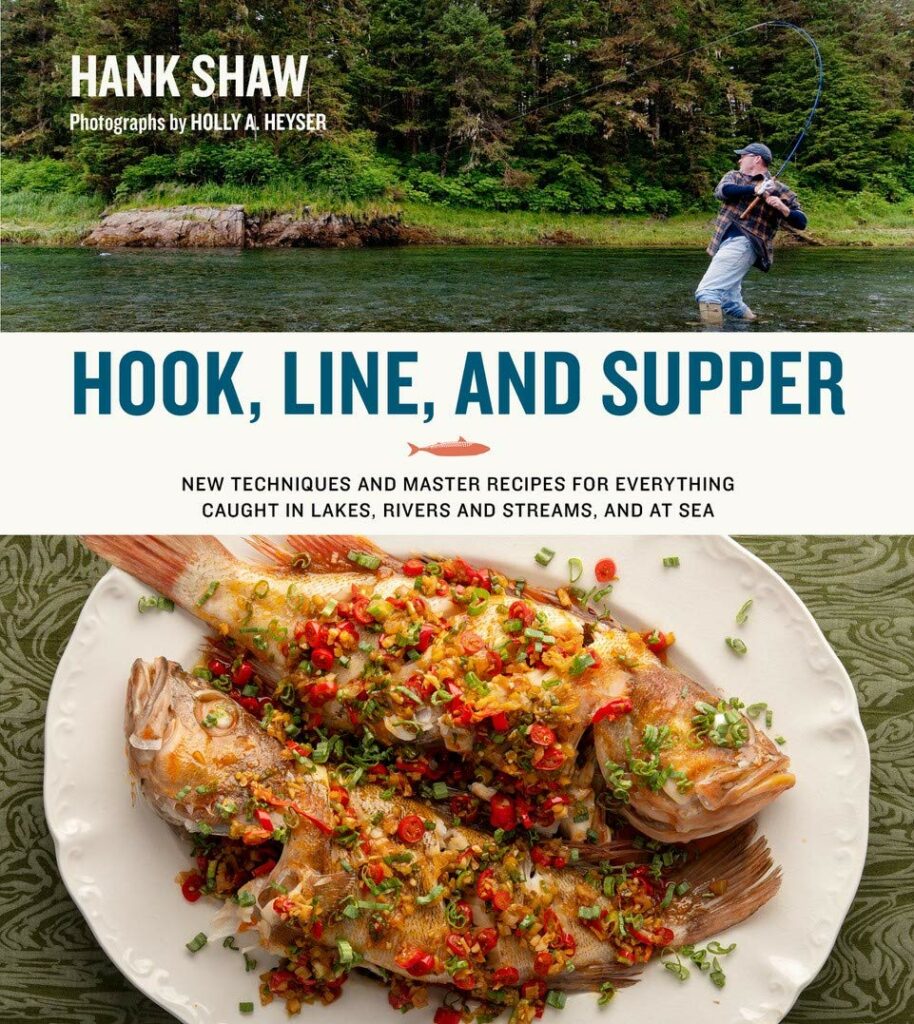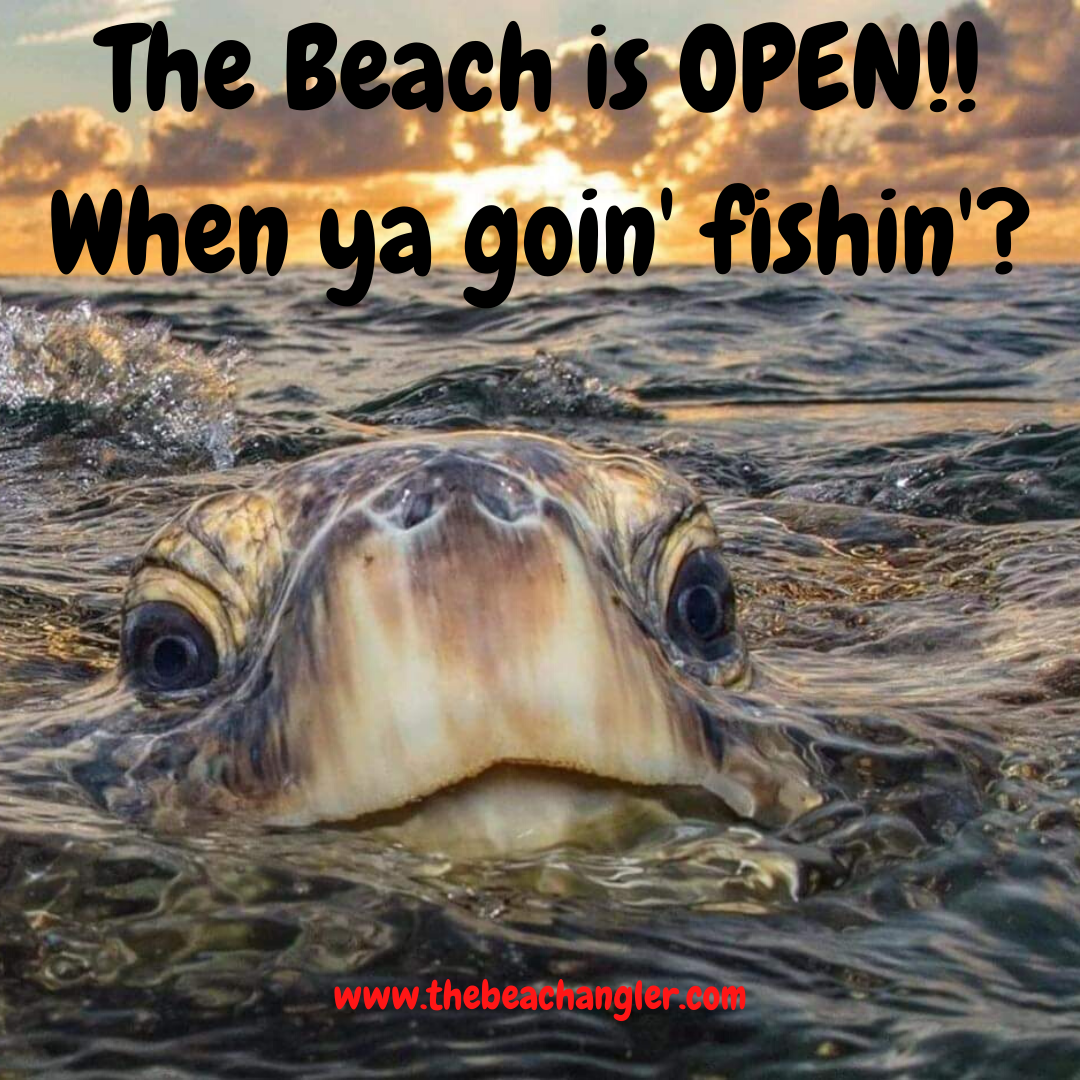If you’re stepping into the world of fishing or looking to refine your angling skills, understanding the distinction between saltwater fishing vs freshwater fishing is key. Sure, both involve catching fish, but that’s just scratching the surface. I love both and will fish in a mud puddle on the side of the road if I think there are fish to be caught. 😉
QUICK LOOK at Saltwater Fishing vs Freshwater fishing
The major differences in Saltwater fishing vs Freshwater fishing are in the construction of the gear for saltwater to withstand the corrosive marine environment, and to handle larger fish. There are also differences in tactics and techniques, rules and regulations, as well as different fish to target. While you can use freshwater gear in saltwater, freshwater gear is not built to be saltwater resistant therefore you risk major damage with extended use of freshwater fishing gear in saltwater fishing.
Saltwater fishing typically takes place in the bay, in the ocean, or where the sea meets the land. You’re dealing with vast expanses of water, deeper depths, toothy predators, and often, stronger currents. Freshwater fishing, on the other hand, occurs in lakes, rivers, ponds, and streams.
In saltwater fishing, you can expect to run into inshore species like red drum, stripers, black drum, speckled trout, and flounder. While offshore you can find marlin, snapper, tuna, and sharks. While in freshwater, the usual catches range from trout and bass to crappie and catfish. Each environment hosts a unique set of fish species, leading to distinct fishing experiences.
Some prefer the accessibility of freshwater fishing since it’s often more prevalent inland and often doesn’t require a boat. Others are drawn to the sense of adventure that comes with saltwater fishing, exploring the surf, open sea, and the larger fish they hold.
Saltwater Fishing vs Freshwater Fishing – Gear and Tackle
The choice of gear in fishing isn’t an arbitrary decision; it’s crucial for success. Saltwater and freshwater environments demand distinct gear types. Saltwater gear must withstand corrosive saltwater and often larger, stronger fish.
This calls for reels with sealed bearings and bodies of corrosion-resistant materials like stainless steel, graphite composites, or aluminum. Freshwater gear, on the other hand, doesn’t face the same corrosion risks.
So, the focus shifts to lighter materials more precision, and finer adjustments in the reel’s drag system to cater to the generally smaller fish species encountered. Can you use freshwater gear in saltwater? Sure, but you risk damage from the harsh marine environment.
Selecting the right tackle can make or break your fishing experience. In saltwater, you’re looking at larger hooks and heavier lines able to manage the fight of large ocean-dwellers. Freshwater tackle involves smaller hooks and lighter lines, suitable for the finesse needed to lure fish around cover and structure in lakes and rivers.
For saltwater, think of heavier lures or bait that can sink quickly and handle the pull of strong currents and waves. Freshwater baits and lures are lighter, and designed to imitate the insects and smaller prey fish inland species feed on.
Take care in matching your gear to the environment you’re facing. By doing so, you prime yourself not just for a good day of fishing, but for a more sustainable and budget-friendly tackle setup.
Saltwater Fishing vs Freshwater Fishing – Techniques and Tactics
When I cast my line into the waters, whether they’re the vastness of the ocean or the tranquility of a lake, I’m aware that my technique can make or break my fishing success. In saltwater, tactics such as surfcasting, trolling, and deep-sea fishing prevail.
Each has its own set of rules: surfcasting demands distance and precision, trolling is about mimicking the movement of prey, and deep-sea requires patience and strength for the often larger catches.
In freshwater, meanwhile, approaches vary from the quiet art of fly fishing, where the imitation of flies or other small fauna is key, to baitcasting and spin fishing, which offer versatility and precision for targeting species in rivers and lakes.
Freshwater anglers often need to be adept at reading the water, understanding the impact of currents, and the hidden structure that their preferred catch likes to frequent.
For saltwater fishing, you will need to consider water salinity, depth, and current. Varied conditions require different gear, and adapting techniques to the conditions can help improve success rates. Knowing when to switch from a fluttering spoon to a soft plastic lure, or when to anchor versus drift, comes from experience and experimentation.
Transitioning from the practicalities of fishing techniques, knowing the rules of the water is just as critical for a successful outing. Next, Let’s explore the various regulations and conservation efforts that are essential for both the saltwater fishing and freshwater fishing environments and the future of the fisheries.
Saltwater Fishing vs Freshwater Fishing – Regulations and Conservation
Fishing involves more than casting a line and waiting for a bite. It’s a responsibility to sustain fish populations and their habitats for future generations of anglers. As such, different guidelines govern saltwater and freshwater fishing, and knowing them is crucial for any angler.
Saltwater fishing is often regulated by maritime laws, which vary greatly from coast to coast and country to country. Anglers must remain informed about closed seasons, and bag limits which are designed to help fish populations spawn, recover, and prevent over-harvest.
Additionally, many regions implement slot sizes, limiting the size of fish that may be kept. In contrast, freshwater regulations may involve state or local jurisdictions and can be very site-specific.
These details emphasize the importance of micro-research before you head out as regulations can vary dramatically from one body of water to the next. Look out for license requirements, daily bag limits, and any species-specific rules that help manage fish stocks.
A universal pillar of sustainable fishing is the practice of catch and release, which supports fish conservation by allowing for population growth and genetic diversity. Handling fish with care, using barbless hooks, and ensuring minimal time out of water can increase a fish’s survival rate after release. By respecting these practices, anglers help to maintain the delicate balance of marine and freshwater ecosystems.
Saltwater Fishing vs Freshwater Fishing – From Water to Table
As we wrap up this discussion, it’s crucial to consider the endpoint of many fishing trips – the kitchen. Both types of aquatic environments provide us with fish that have distinct flavors and textures.
Saltwater fish often have a brinier taste and firmer flesh, making them sought after for their unique sea-infused flavors. Freshwater fish, on the other hand, can possess a subtler taste, and when prepared correctly, offer a delicate addition to any meal.
Preparing fish from these saltwater vs freshwater offers a variety of different techniques. Saltwater fish might benefit from robust seasonings and high-heat grilling to complement their stronger flavors. In contrast, you’ll find that lighter seasonings and gentler cooking methods, like baking, poaching, or steaming, often suit the subtle flavors of freshwater catches better.
Beyond taste, it’s worth noting that eating fish is associated with numerous health benefits due to their high omega-3 fatty acid content, essential vitamins, and lean protein. Whether it’s a saltwater or a freshwater fish on your plate, you’re not just enjoying a delicious meal, but also giving your body essential and healthy nutrients.
Key Takeaways of Saltwater Fishing vs Freshwater Fishing
In saltwater fishing vs freshwater fishing, always remember that the joy of fishing extends from the thrill of the catch to the pleasures of the dining table. As anglers, our practices on the water, ethical catch methods, and how we prepare our catch for consumption are all parts of a respectful cycle – respecting the fish, the environment, and our health.
As always, stay safe, enjoy the journey and please try to leave it cleaner than you found it. If you have any comments, questions, ideas, or suggestions please leave them in the comment section below and I’ll get back to you ASAP. You can follow us on Facebook: Rex The Beach Angler, Instagram: thebeachangler7, Twitter: @AnglerBeach, and YouTube: Man Art Creations.
Latest Articles:
- Shimano TLD Reels Review
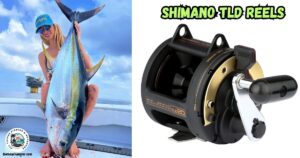
- Daiwa Emblem Pro Surf Rod Review
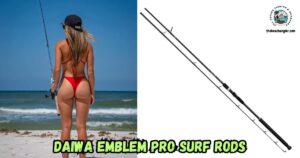
- Shimano Tiagra Reel Review
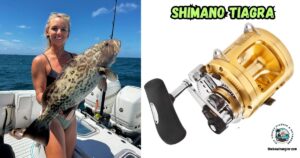
- The Daiwa Exist Spinning Reel
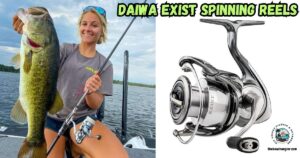
- Shimano Spheros SW Spinning Reel
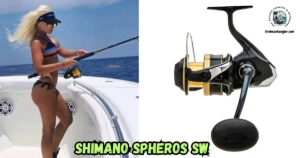
- Daiwa Emcast Surf Rod Review
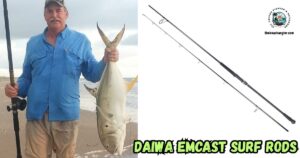
P.S. – Thanks so much for checking out our blog we really appreciate it. Just so you know, we may receive a commission if you click on some of the links that appear on our site. This helps us keep our content free and up-to-date for everyone. We appreciate your support!
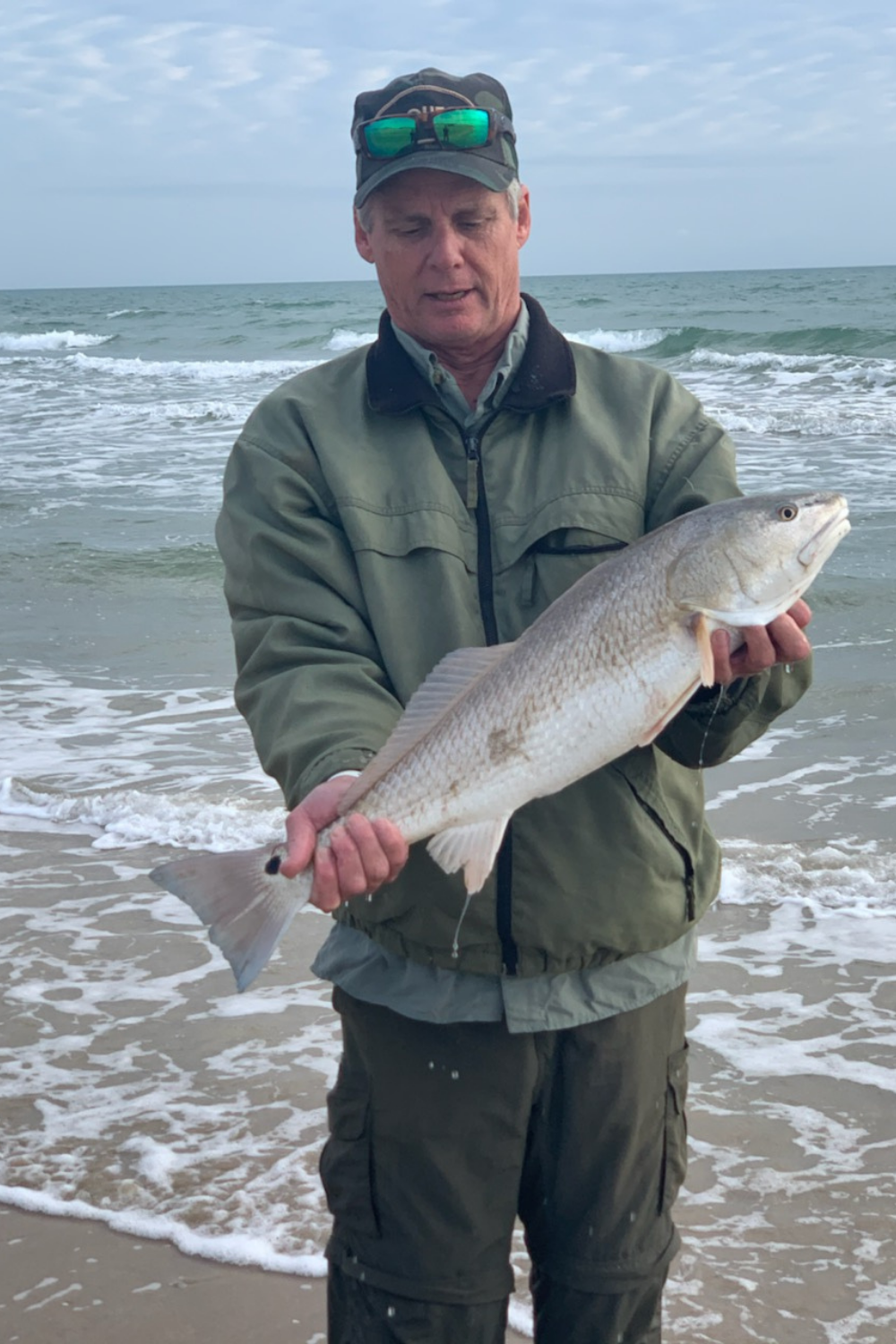
A life long surf fisherman with 50+ years of experience, I am also an avid hunter and outdoorsman. I will be sharing my passion for the outdoors with you so be prepared for hunting, fishing, camping, hiking and more. Along with gear reviews and the latest trends and innovations in the outdoor industry.
